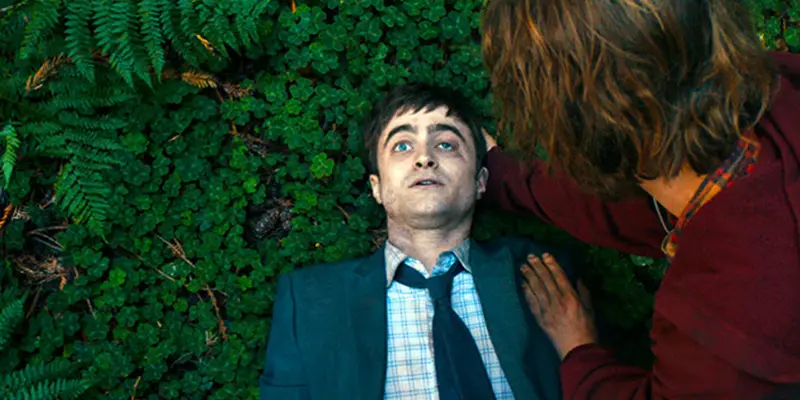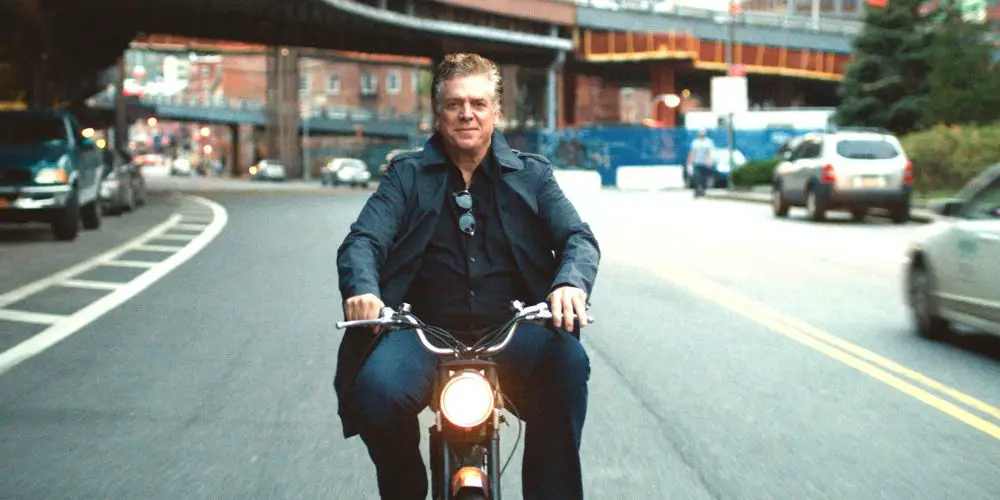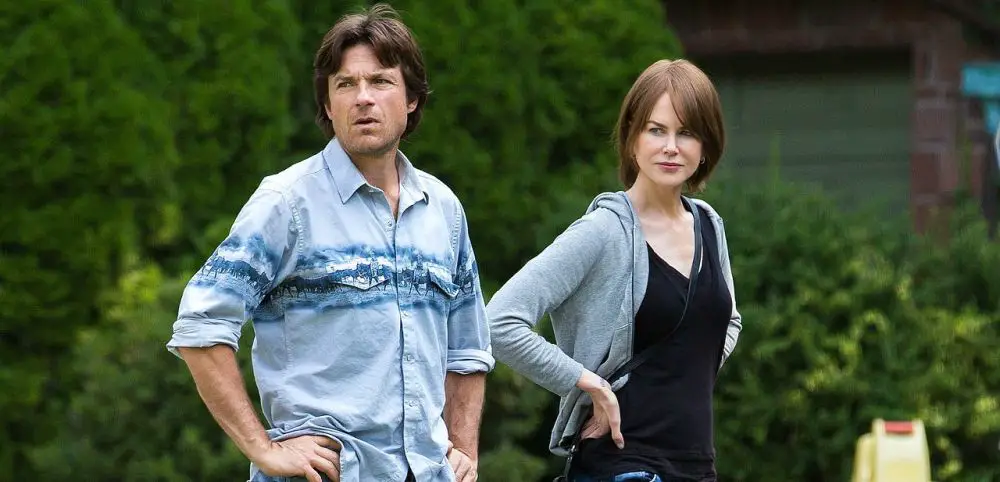comedy
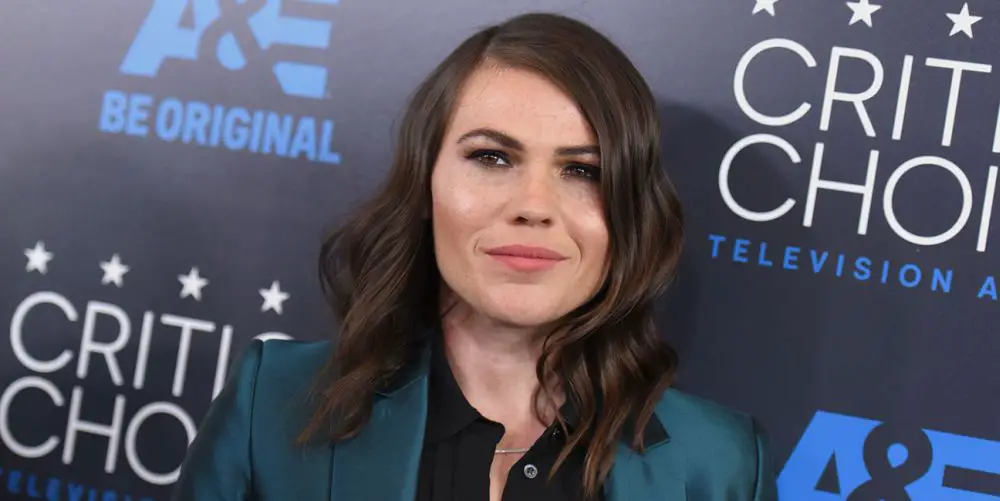
You may not know her by name, but you’ve definitely seen her face and are familiar with her work. She’s been on your small screen and silver screen starring along side Angelina Jolie, Christina Ricci, Zachary Quinto, and Natasha Lyonne to name a few. She may not look as glamorous as your traditional Hollywood starlet and she doesn’t often play the leading role, but Clea DuVall’s natural beauty and talent first grabbed my attention about fifteen years ago on a day I vividly remember.
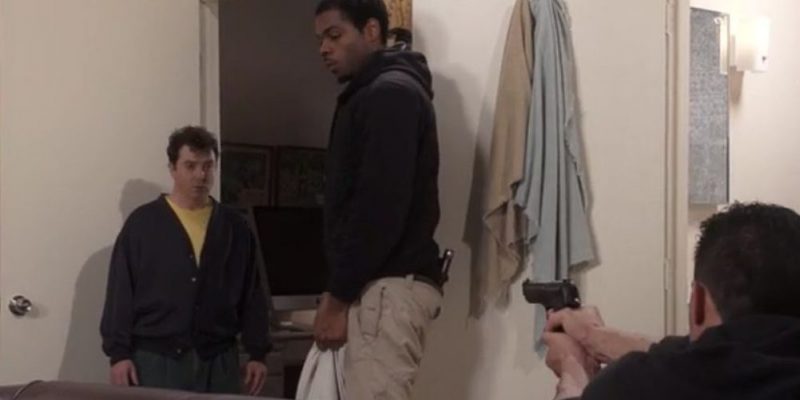
That’s Opportunity Knocking is a short comedy that starts off strong, panders down and then picks back up, written and directed by Charles Pelletier. Starring Satchel André and Moronai Kanekoa, the film recently won “Best Comedy Short” at LAIFFA. Pelletier clearly has a lot to say and harbors strong feelings about the 99% vs the 1%, which is how he opens his film and also is a theme that carries throughout.
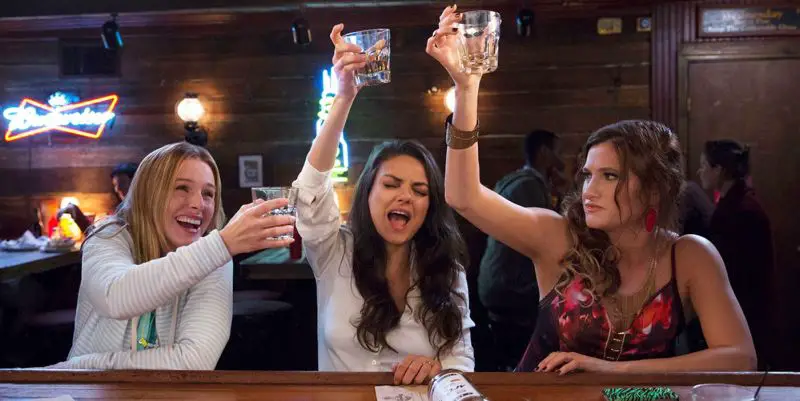
Bad Moms threatens to turn into a women-centric Seth Rogen movie, and it could easily have fallen off that particular cliff. Fortunately the movie and the audience are spared that fate, largely because the moms aren’t really that bad, and that’s the point of the movie. These women are overstressed, overworked and under-appreciated, but they’re trying.
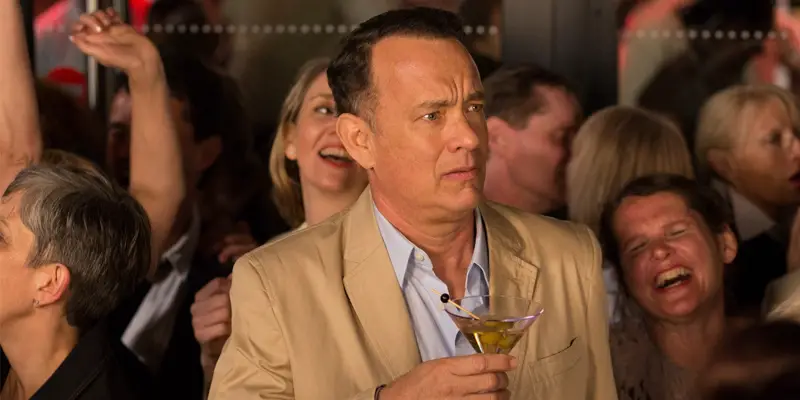
Is there a term for one-hit wonder film directors? Whilst the idea of the one-hit wonder is quite prevalent within music (I’m a sucker for late ’90s, early 2000s one hit wonders, who doesn’t love Breakfast at Tiffany’s?), it’s a concept that’s becoming quite frequent in cinema as well; filmmakers who coast off the success of one film.
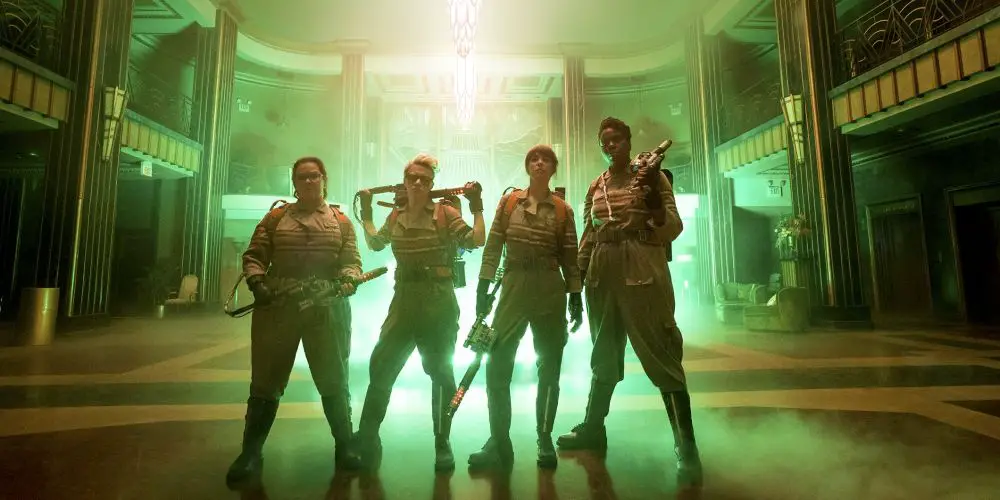
It would be to put it lightly that this film’s reputation preceeded it. After years of people theorising about another sequel to Ghostbusters (1984), naively deciding to overlook the fact that Bill Murray didn’t want to work with Harold Ramis again, and Ramis’ recent death, a new film was announced. The only problem was that noted comedy director Paul Feig was put in charge.
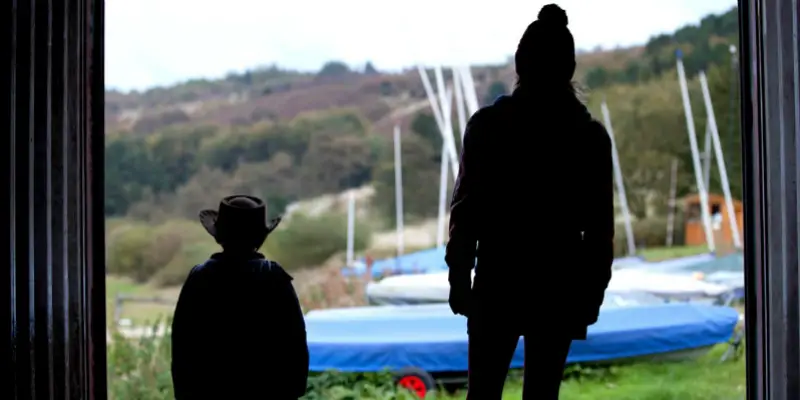
This little gem of a film won the Nora Ephron Prize at this year’s Tribeca film festival, which is awarded to recognise the work of female writers or directors whose film is making its North American premiere at the festival, and it’s easy to see why. Adult Life Skills is based on writer/director Rachel Tunnard’s short film Emotional Fuse Box and centres on the character of Anna (Jodie Whittaker). Anna is approaching her 30th birthday and struggling to cope with recent life events, which are gently revealed to us throughout the film via flashbacks and Anna’s visual manifestations of the past as she attempts to live in the here and now.
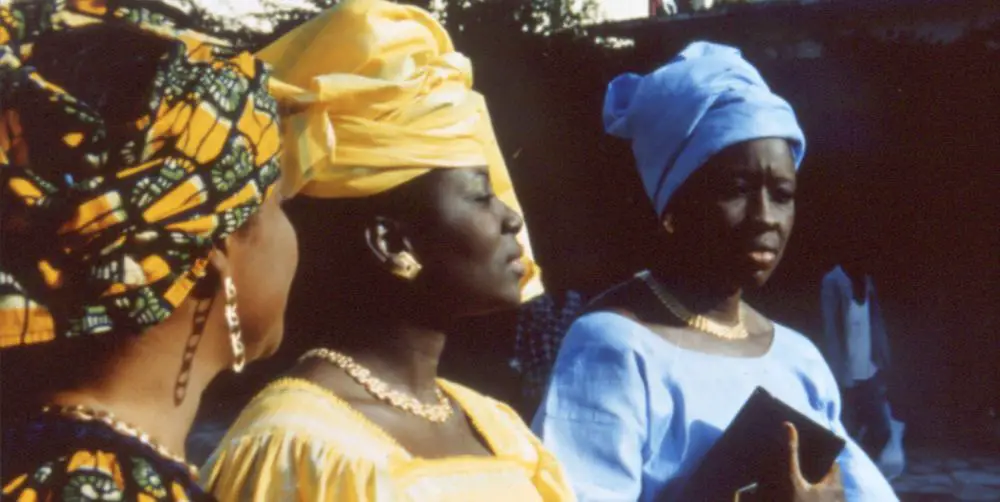
The opening sequence of Ousmane Sembene’s Faat Kiné shows us the complexity of urban motion in a place where modernity and traditionalism are still somewhat at odds. We see groups of women in traditional Senegalese dress walking through the city of Dakar. Then, the camera pulls further and further away from them until we can see can see a whole city block.
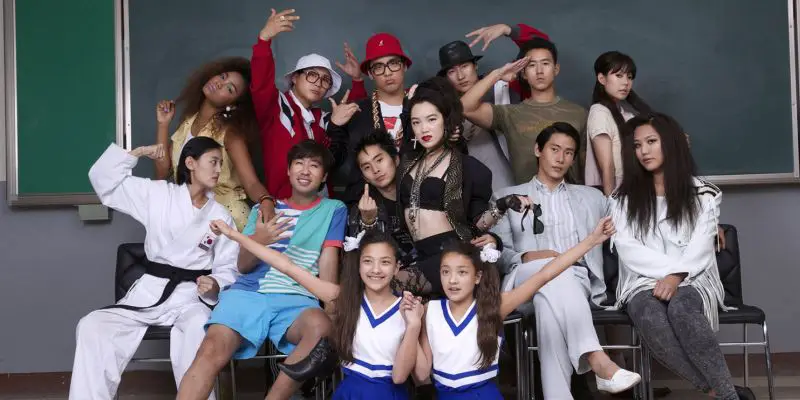
Growing up as a first generation Asian American, I looked to television and cinema for hints to “fit in” with all the other Americans, to improve my grammar and English, to embrace the idea of being American. In that transition, I severed some of my Filipino roots. I can understand Tagalog, but I can’t speak it.
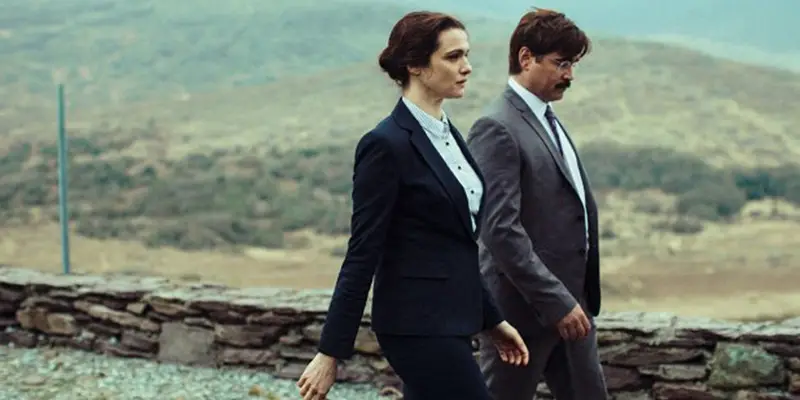
Director Yorgo Lanthimos first grabbed the world’s attention with Alps and the seismic Dogtooth. Recently, he sprung another biting, absurdist satire into the festival circuit with The Lobster. It takes place in a world in which relationships are mandatory; the characters, all newly single, or newly of age, are detained in a hotel that works, basically, as a deadly speed dating service.
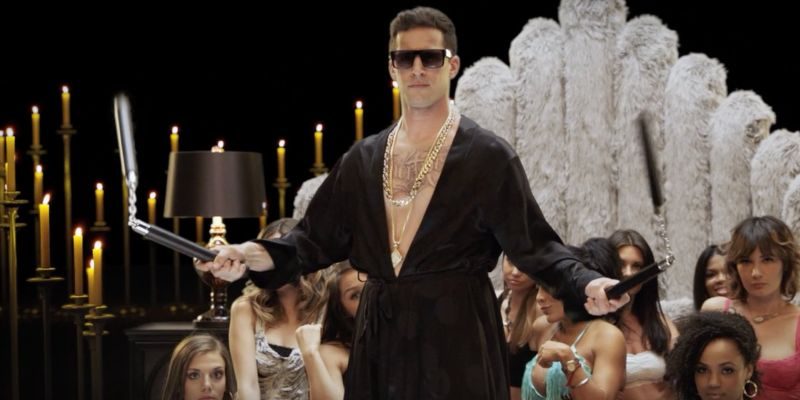
You will see the term postmodern to describe the comedy of The Lonely Island, the comedy team responsible for this film and the birth of the Saturday Night Live Digital Short, as you read opinions on their newest film, Popstar: Never Stop Never Stopping. It is a vague term that means comedy that deconstructs the art and is self-aware.
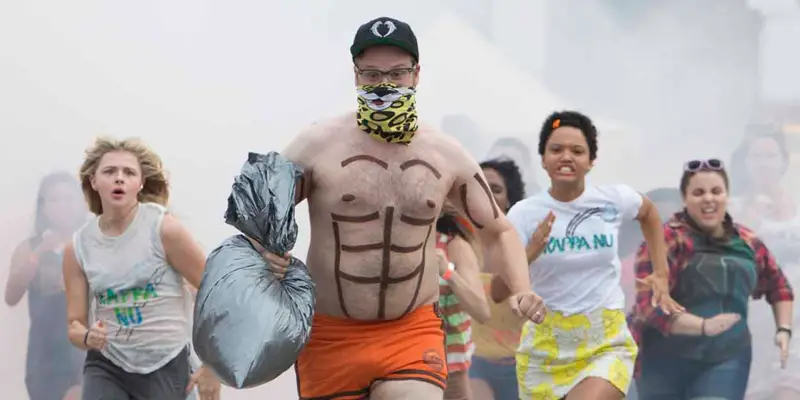
Whilst people constantly bring up the current increasing slog of superhero films, there’s another string of films that are much worse in their repetitive nature that seemingly seem to go under the radar: the bro/stoner comedy. Seth Rogen could be seen as the unofficial face of the stoner movement, films where a manchild is forced to grow up, usually through the love of a woman, in between bouts of marijuana, pop culture references and hanging out with your “bros”.


